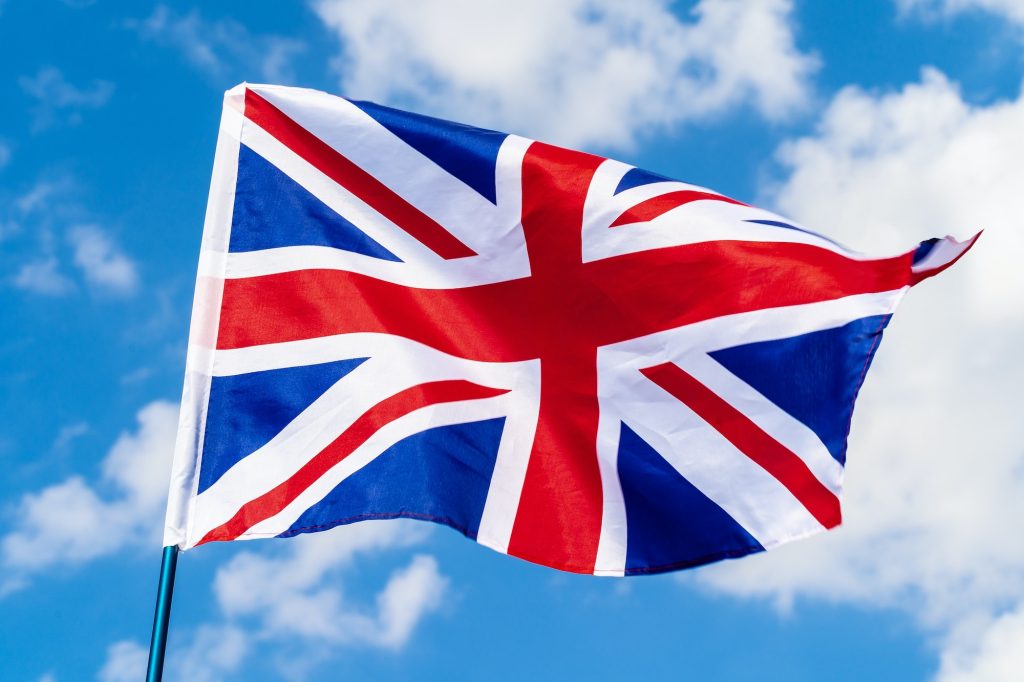































 ,
,According to a ruling by the United Kingdom's Supreme Court, Deliveroo's riders are not eligible to be represented by a trade union in order to engage in collective bargaining. The court's decision prohibited the Independent Workers Union of Great Britain (IWGB) from negotiating pay and conditions on behalf of a group of Deliveroo riders. The ruling affirmed that the riders do not have an employment relationship with Deliveroo and are therefore not entitled to compulsory collective bargaining.
The IWGB attempted to represent a group of Deliveroo riders for the purpose of negotiating pay and working conditions. However, their initial request was denied in 2017 as riders were not considered "workers" under UK labor law. In its multiple appeals, the IWGB argued that rejecting their application for collective bargaining rights violated the human rights of the riders.
As per the written ruling of the Supreme Court, Deliveroo riders have the ability to delegate deliveries to a substitute, have the freedom to work for other companies, are not obligated to work specific hours, and even have the option to not carry out any deliveries at all. Colin Leckey, a lawyer at Lewis Silkin representing Deliveroo, stated that this decision brings certainty to platform economy companies with flexible operating models, where individuals have genuine autonomy in choosing when and whether to work. Adding further that the judgement is a positive outcome for all the riders who appreciate the flexibility that comes with being self-employed.
 Горячие метки:
Цифровые бизнес-модели
Iv. Будущая работа
Горячие метки:
Цифровые бизнес-модели
Iv. Будущая работа